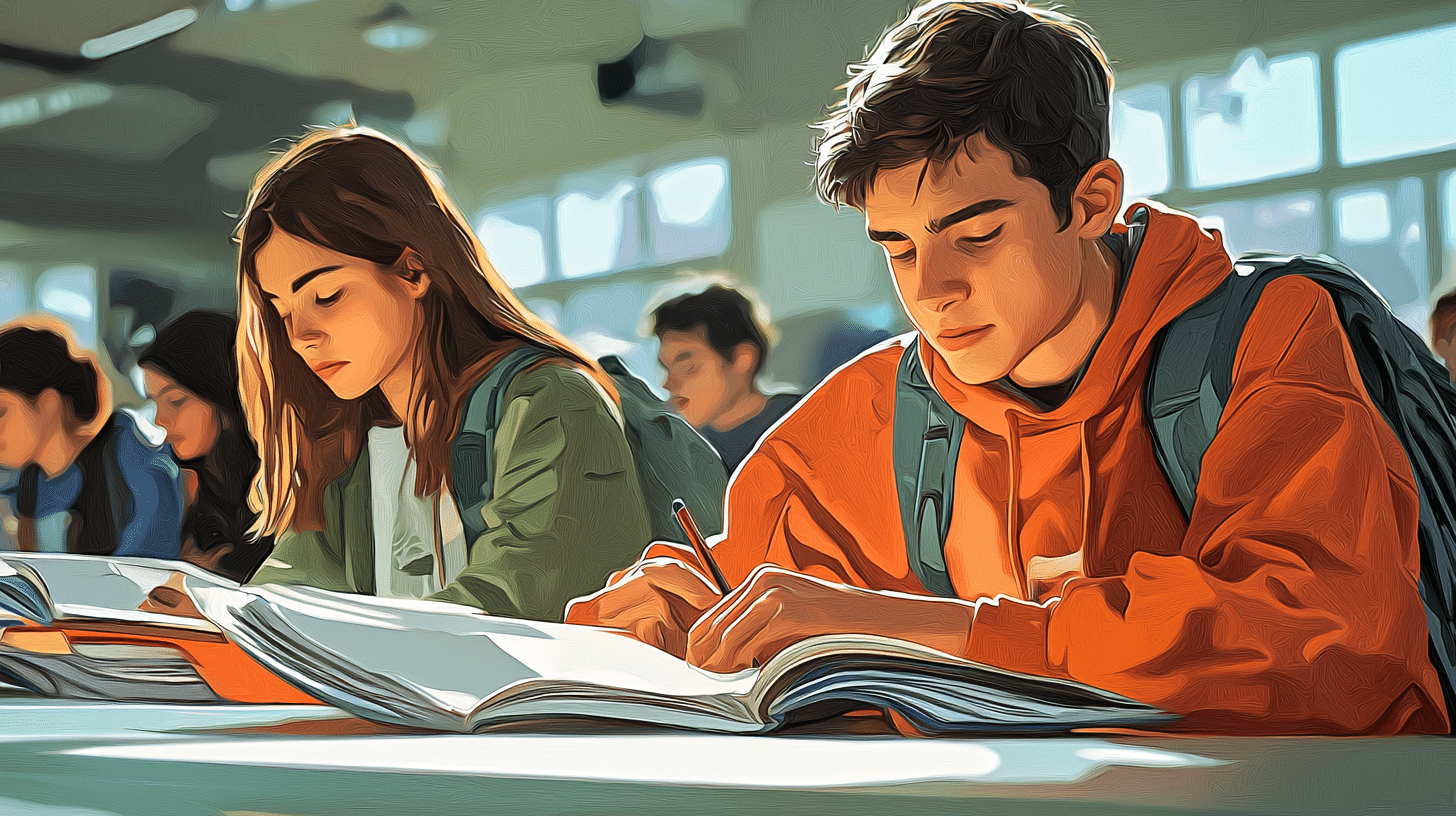When learning a new language, it’s common to come across words that look or sound similar but have entirely different meanings. This is true for Icelandic, a language known for its rich history and unique characteristics. Two such words that often confuse learners of Icelandic are “horfa” and “harður”. Although they might look similar at first glance, their meanings are worlds apart. In this article, we’ll delve into the nuances of these two words, explore their usage, and provide context to help you understand and remember them better.
Understanding “Horfa” – To Watch
“Horfa” is a verb in Icelandic that translates to “to watch” or “to look at” in English. It is a commonly used word in everyday conversations and is fundamental for anyone trying to get a grip on Icelandic.
Conjugation of “Horfa”
To use “horfa” correctly, it’s essential to understand how it conjugates in different tenses. Here’s a quick overview:
– **Present Tense:** Ég horfi (I watch), þú horfir (you watch), hann/hún/það horfir (he/she/it watches), við horfum (we watch), þið horfið (you all watch), þeir/þær/þau horfa (they watch)
– **Past Tense:** Ég horfði (I watched), þú horfðir (you watched), hann/hún/það horfði (he/she/it watched), við horfðum (we watched), þið horfðuð (you all watched), þeir/þær/þau horfðu (they watched)
– **Future Tense:** Ég mun horfa (I will watch), þú munt horfa (you will watch), hann/hún/það mun horfa (he/she/it will watch), við munum horfa (we will watch), þið munið horfa (you all will watch), þeir/þær/þau munu horfa (they will watch)
Usage of “Horfa”
“Horfa” is used in various contexts where the act of watching or looking at something is involved. Here are some examples:
– Ég horfi á sjónvarpið. (I watch TV.)
– Hann horfir á mig. (He is looking at me.)
– Við horfum á myndina saman. (We are watching the movie together.)
Notice that “horfa” often pairs with the preposition “á”, which means “at” in English. This combination is crucial for forming correct sentences.
Understanding “Harður” – Hard
On the other hand, “harður” is an adjective that means “hard” or “tough”. It’s used to describe the texture, firmness, or difficulty level of something.
Forms of “Harður”
Like many adjectives in Icelandic, “harður” changes form depending on the gender, number, and case of the noun it describes. Here’s a brief overview:
– **Masculine:** harður (nominative singular), harðan (accusative singular), harðs (genitive singular), hörðum (dative singular)
– **Feminine:** hörð (nominative singular), harða (accusative singular), hörðu (genitive singular), harðri (dative singular)
– **Neuter:** hart (nominative singular), hart (accusative singular), harðs (genitive singular), hörðu (dative singular)
– **Plural:** harðir (masculine nominative), harðar (feminine nominative), hörð (neuter nominative)
Usage of “Harður”
“Harður” is used in a variety of contexts to describe something that is physically hard or metaphorically tough. Here are some examples:
– Steinninn er harður. (The stone is hard.)
– Hún er hörð kona. (She is a tough woman.)
– Þetta próf var mjög harður. (This exam was very hard.)
Understanding the different forms and contexts of “harður” is crucial for accurate and expressive communication in Icelandic.
Common Pitfalls and Tips for Remembering
Given that “horfa” and “harður” look somewhat similar, it’s easy to mix them up. Here are some tips to help you remember their meanings and usage:
Context is Key
Always pay attention to the context in which the word is used. “Horfa” will often be found in situations involving watching or looking, usually accompanied by “á.” In contrast, “harður” will describe the quality or difficulty of an object or situation.
Mnemonic Devices
Create mnemonic devices to help differentiate them. For instance, you can think of “horfa” as having the word “or” in it, which can remind you of “observe” or “watch.” For “harður,” remember it has the “hard” sound embedded in it, making it easier to recall its meaning.
Practice Makes Perfect
Practice using these words in sentences. Write down a few sentences every day using “horfa” and “harður” in different contexts. This will not only help you remember their meanings but also get you comfortable with their usage.
Additional Vocabulary for Context
To further understand and use “horfa” and “harður” effectively, it helps to learn related vocabulary. Here are some words and phrases that can come in handy:
Related to “Horfa”
– **Sjónvarp:** TV
– **Kvikmynd:** Movie
– **Tölva:** Computer
– **Bíó:** Cinema
– **Gluggi:** Window
Related to “Harður”
– **Mjúkur:** Soft
– **Þungur:** Heavy
– **Erfiður:** Difficult
– **Auðveld:** Easy
– **Steinn:** Stone
Conclusion
Understanding the differences between “horfa” and “harður” is crucial for mastering Icelandic. While they may look similar, their meanings and usages are distinct. “Horfa” is a verb that means “to watch” or “to look at,” and it often pairs with the preposition “á.” “Harður,” on the other hand, is an adjective meaning “hard” or “tough,” and it changes form based on the noun it describes.
By paying attention to context, using mnemonic devices, and practicing regularly, you can effectively differentiate between these two words. Additionally, expanding your vocabulary related to both “horfa” and “harður” will further enhance your understanding and communication skills in Icelandic.
So, the next time you find yourself confusing “horfa” and “harður,” remember these tips and examples. With time and practice, you’ll be able to use both words accurately and confidently in your Icelandic conversations.

